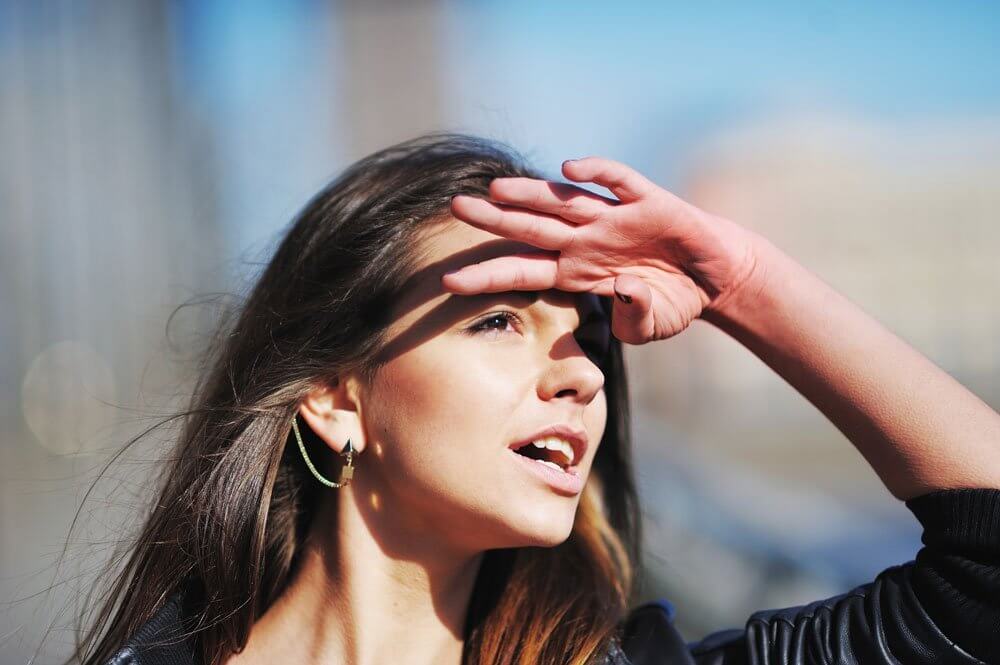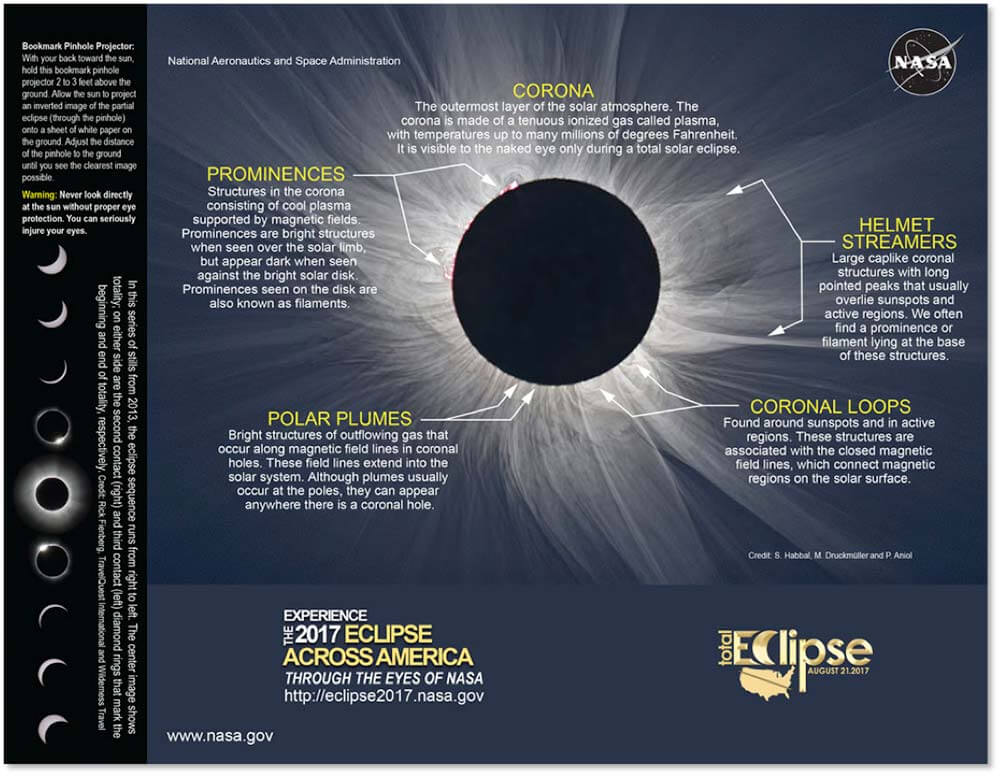Eye Safety
Posted by: Invision Optometry in Category Eye Health

Eye safety is important. Our eyes are considered by many, to be the most important of our five senses. They help us perceive the world and communicate our thoughts and feelings. Our eyes are priceless. For this reason, it is extremely important to keep them healthy and safe. The reality is, eyesight is something most people take for granted. As a result, we often do things that are careless. From not wearing eye protection to ignoring when your eyes need rest, being careless can drastically impact your life. So, what can you do? There are many things you can do to ensure your eyes are healthy and safe. And, while getting an annual eye exam is at the top of the list, it is equally important to ensure that you are protecting your eyes from the sun. Light-related eye injuries are more common than you may think.
Don’t Be Blind To Eye Safety, Protect Your Eyes…
Ultraviolet Keratitis
Although our eyes are designed to respond to changes in brightness, too much light can lead to damage. Ultraviolet light can damage the structure of your eyes in a way that is similar, to that of a sunburn on the skin. When your eyes are exposed to this kind of light for prolonged periods of time, it can cause a condition called ultraviolet keratitis. This happens when the cornea is exposed to too much UV light. It is important to understand that situations involving high levels of UV light like being in places where there are a lot of reflective surfaces, such as water and snow, increase your risk of developing ultraviolet keratitis.
Don’t Take your Eyesight For Granted, Wear UV Protection Sunglasses…
Solar Retinopathy
Solar retinopathy, also known as photic retinopathy and eclipse retinopathy, is retinal damage that results from exposure to solar radiation. The retina, the light sensitive layer of tissue in the back of the eye, is very delicate, particularly the central area that is responsible for fine detailed vision. Staring at the sun for too long, for example, can lead to damage that may not be reversible. Situations that can lead to solar retinopathy include watching a solar eclipse, or looking at the sun for too long. For this reason, never look directly at the sun or a solar eclipse.
Solar Eclipse 2017, What You Need To Know About Eye Safety…

Solar Eclipse
Did you know, watching a solar eclipse without protection could increase your risk of a light-related injury? On August 21, 2017, we each will have the opportunity to be a part of something that may only happen once in a lifetime. The star at the center of our solar system provides warmth and nourishment. It also delivers rays of electromagnetic solar radiation, which makes looking at the sun, especially during a solar eclipse, potentially harmful to the eyes.
According to NASA:
A solar eclipse occurs when the moon blocks any part of the sun. On Monday, August 21, 2017, a solar eclipse will be visible across all of North America. The whole continent will experience a partial eclipse lasting 2 to 3 hours. When the moon completely blocks the sun’s bright face for up to 2 minutes 40 seconds, turning day into night, and making visible the otherwise hidden solar corona — the sun’s outer atmosphere — one of nature’s most awesome sights. Bright stars and planets will become visible as well. (Nasagov, 2017)
Experience The Eclipse Across America On August 21, 2017…

How To Safely View A Solar Eclipse
The 2017 Solar Eclipse, which has been dubbed the Great American Eclipse, is the moment the sun, the moon, and the earth are perfectly aligned. It will be a once in a lifetime celestial spectacle seen from the Pacific Ocean to the Atlantic Ocean. And, while we each are intrigued by this fact, it is important to ensure your eye safety. With this in mind, here are a few ways you can keep your eyes safe during this momentous event.
- Viewing with Protection:you can buy ISO certified glasses from American Paper Optics, Rainbow Symphony, Thousand Oaks Optical, and TSE 17
- Telescopes with Solar Filters:for more information click here
- Pinhole Projection & Optical:learn more about Pinhole Projection, Optical Projection, The Sun Funnel, The Sunspotter & Solarscope by clicking here
- Pinhole Projectors:for more information on how to make one click here
A Rare & Striking Phenomenon
The 2017 Solar Eclipse is a rare and striking phenomenon you will not want to miss, but it is vital that you protect your eyes at all times. If you have questions about how you can keep your eyes safe, call us at (619) 222-2020.
References:
Nasagov. (2017). Nasagov. Retrieved 30 June, 2017, from https://eclipse2017.nasa.gov/safety


